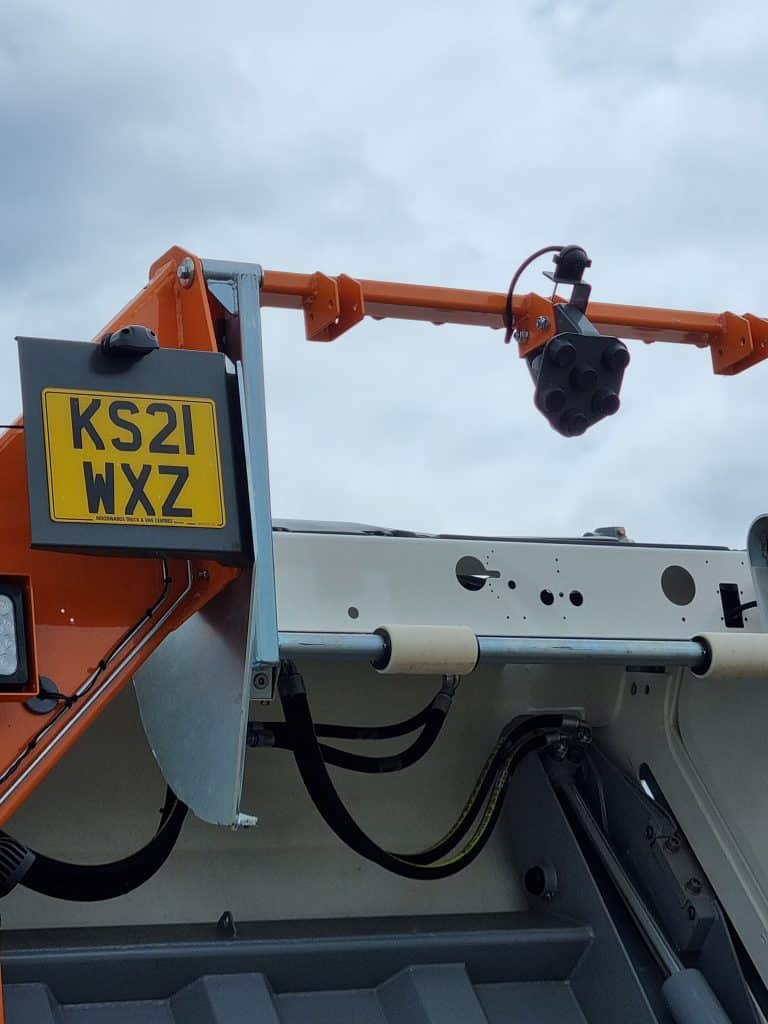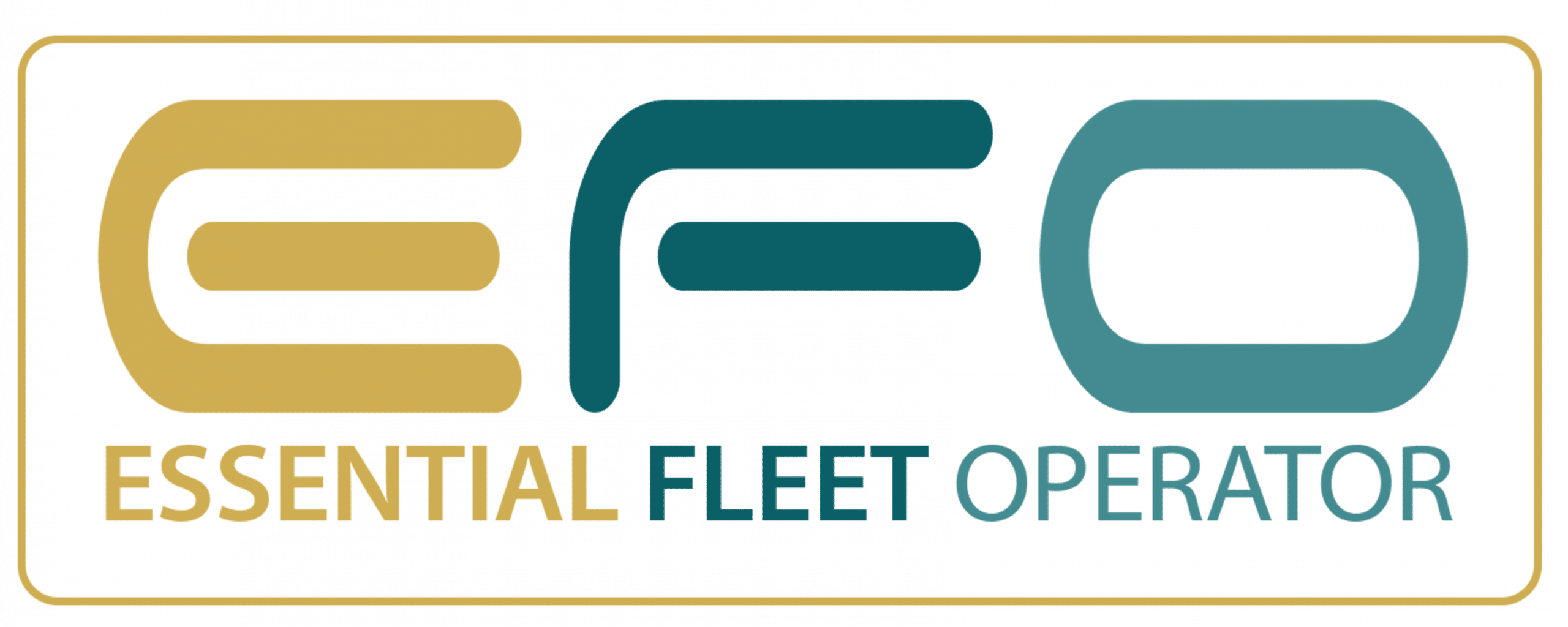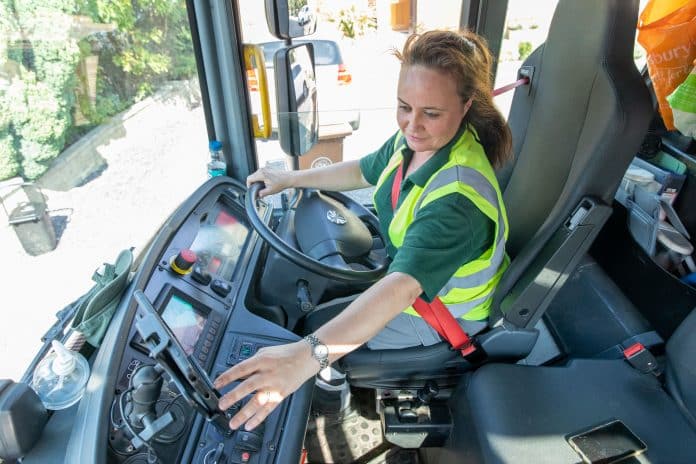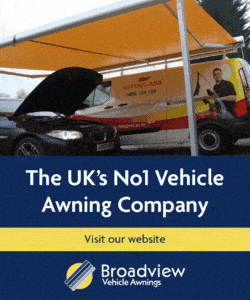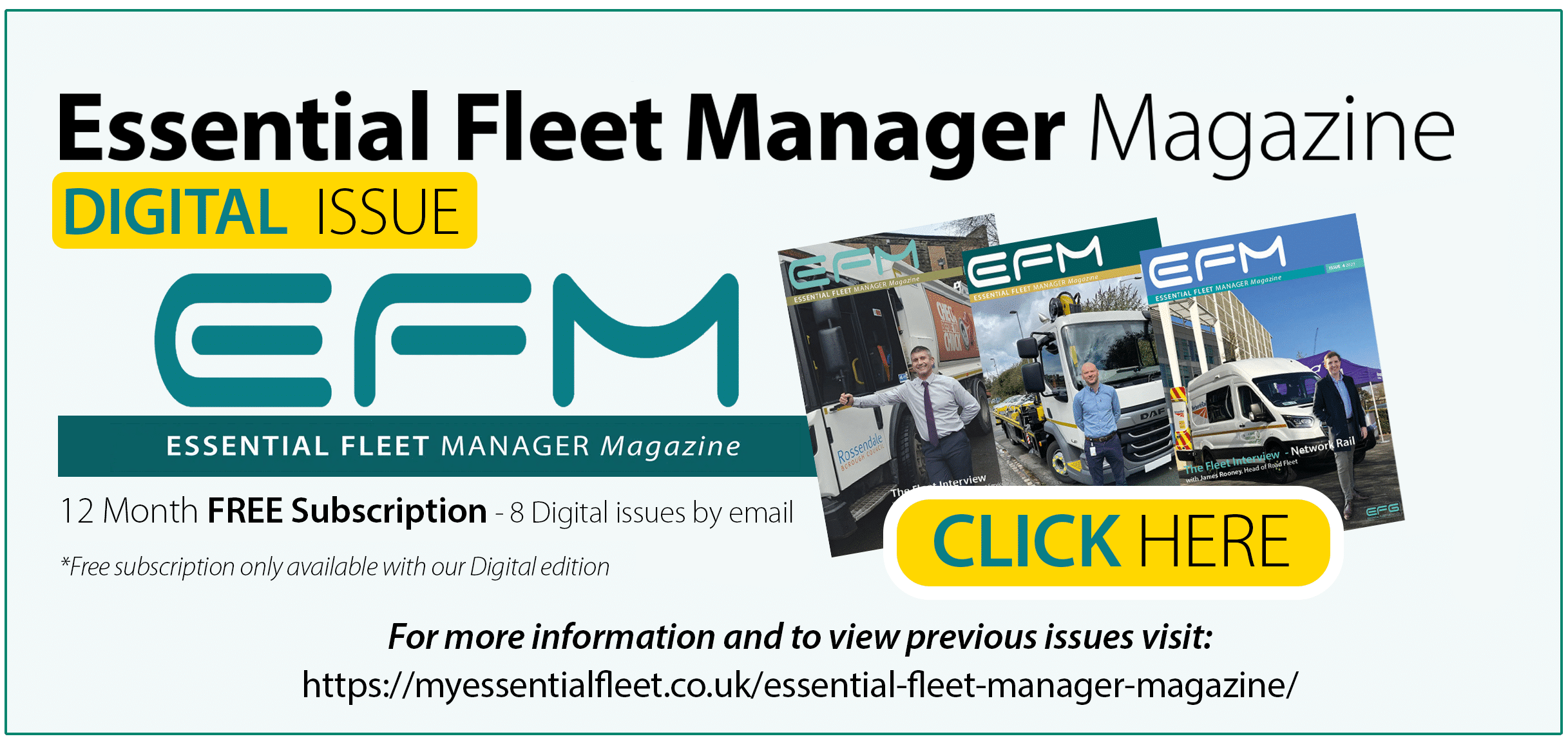Latest initiatives will further increase safety and well-being in the industry
Leading resource management company, Veolia, working through its specialist health and safety teams, has now launched a range of initiatives that will further boost the company’s stringent health and safety record. Currently operating the second biggest self-managed fleet in the UK, the company manages many contracts that involve vehicle collections in busy urban areas. With a central focus on maintaining health and safety and the environments where they work, the company continuously looks for ways of advancing their operating capability. By targeting areas of vehicle operation that can be enhanced the new measures ensure both the well being of its operational teams, and the safety of the communities where the company operates.
To address the challenge of vehicle blind spots, areas that cannot be directly seen by the driver while at the controls, Veolia is now believed to be the first company in the UK waste industry to integrate the working and reversing camera on Refuse Collection Vehicles, RCV. This high definition camera meets the work area zones for EN1501 at the same time as offering a wider field of view for the driver to use for reversing the vehicle. By providing both a reversing and working view at the back of the vehicle it will enable vehicle drivers to avoid incidents involving large vehicles or mobile plant, and the potential injuries or damage to buildings.
Seen as best practice in Industry, these vehicle upgrades are being backed by advanced training, and are part of a campaign to improve the awareness of the dangers associated with blind spots for those working with or around large vehicles and mobile plant. To make this training more realistic the supporting videos were shot using cameras and aerial drone footage for a RCV, a hooklift (roll-on-off) vehicle, and a loading shovel.
To help vehicle crews to avoid any problems caused by activities which involve getting in and out of vehicles and slips or trips on steps, Veolia has worked with Back in Action (BiA) UK to identify new footwear. The new safety shoe is lighter and more comfortable to wear, and allows good movement in the ankle and foot which reduces stress on the joints when stepping forwards out of a cab.
Commenting on the research Richard Hulland, Chief Risk & Assurance Officer at Veolia said:
“The wellbeing of our teams is at the heart of everything we do, and these new advances will further boost safety for our teams and our wider operations. By using a combination of technology, backed by the latest training methods, we have given drivers enhanced visibility and raised awareness about the dangers of blind spots, and have seen a reduction in incidents. This has also enabled non drivers to gain a completely different perspective and understand how their interactions with these vehicles can remain safe at all times”
The new measures follow previous vehicle health and safety advances brought in by Veolia, including lowered cab heights for easy access which also place the driver in a better position to give more direct vision of other street users. Combined with greater window areas this substantially reduced blind spots, and according to research also allows the driver to respond more quickly.
Last year Veolia, working with University College London UCL , researched ways to reduce COVID 19 transmission for vehicle crews. This led to modifications to improve interior airflow and help guard against aerosol transmission, and also helps crew alertness by keeping CO2 levels lower in the cab. By combining this with other measures the waste sector supported key workers to maintain better COVID security.
